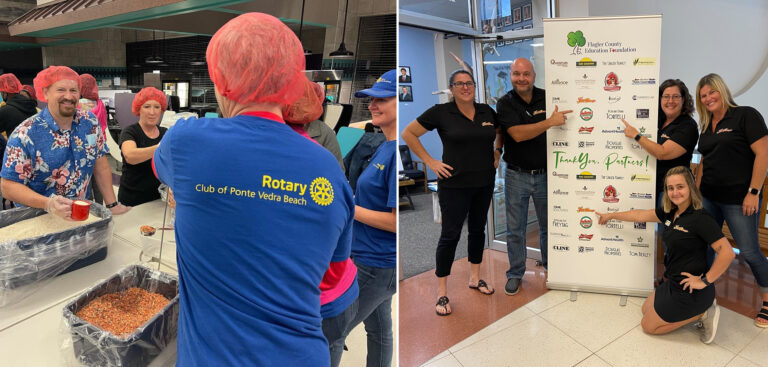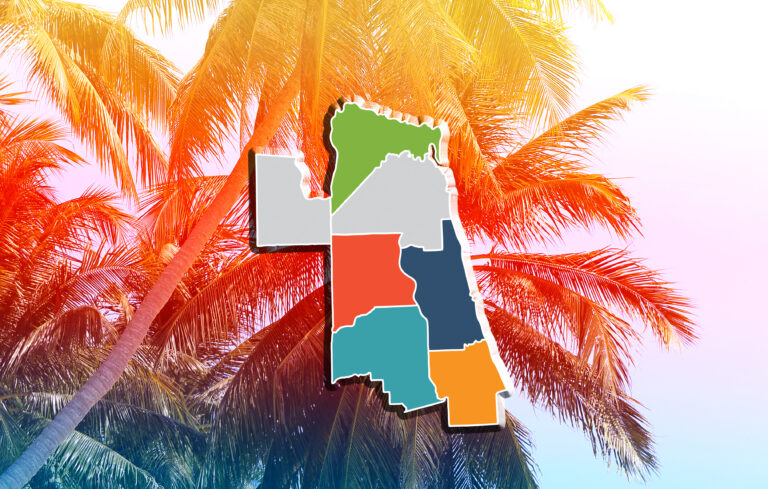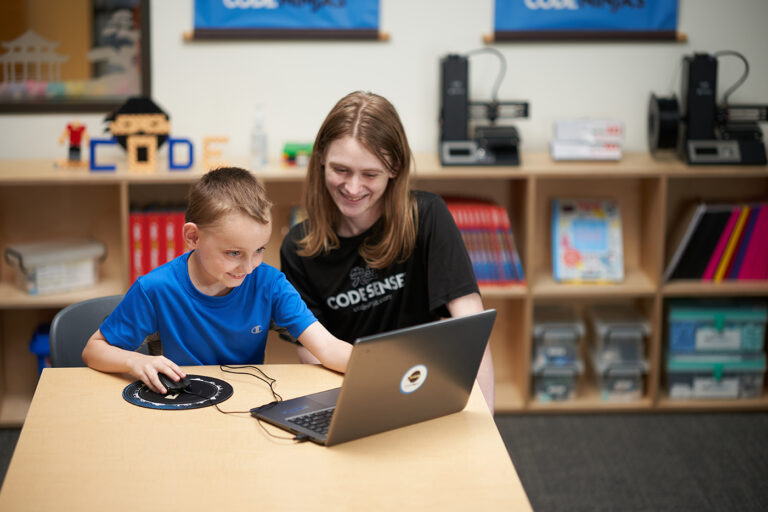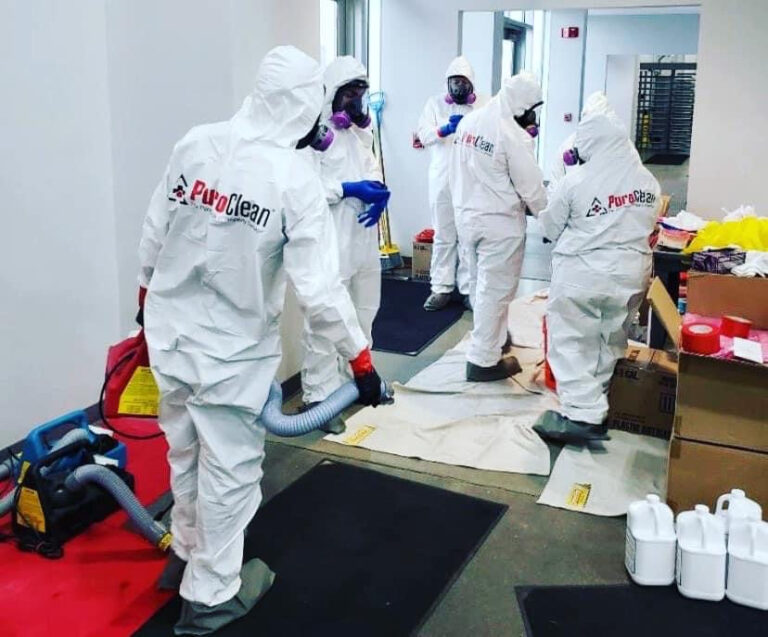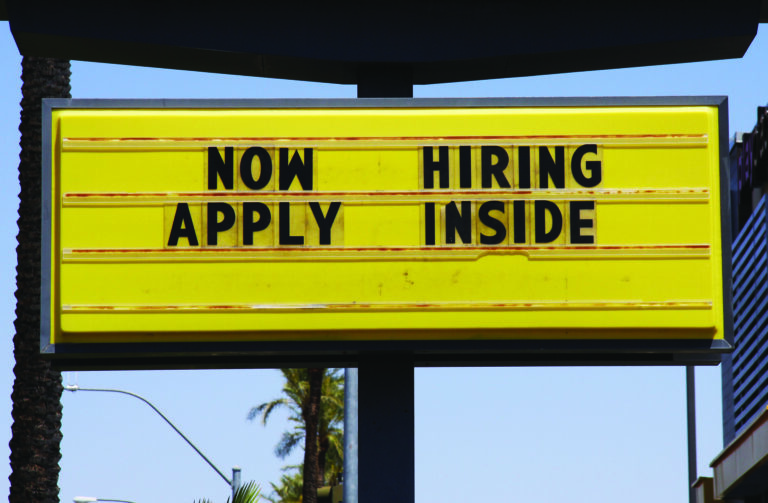Doing the Pandemic Pivot: New Businesses Survive – and Even Thrive – During the Pandemic
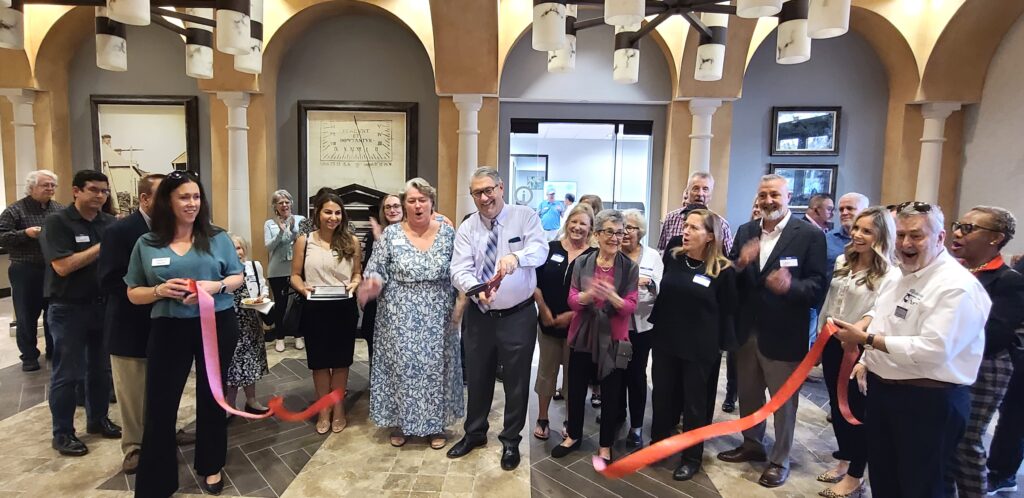
It’s a widely told story — the pandemic crushed local businesses, taking a financial toll on so many. Most of the success stories were from mammoth companies such as Amazon, while the stories about small and local businesses were those of sinking ships.
It’s true that so many shops, daycares, restaurants and event spaces shut down one after the other. As people lost work, they lost money, and in losing money, they became less and less able to spend. Those that kept their office jobs became work-from-home warriors. And as social lives dwindled to non-existent, people stopped frequenting their go-to local hangouts.
Considering these circumstances, trying to open or expand a business during this time seemed like an awful idea, or at least one destined to fail. Opening a business and growing that business is hard enough under ideal conditions. According to the Small Business Administration, as of 2019, 20% of small businesses fail in the first year, and 50% fail within five years. By year 10, only about 1/3 will have made it. On top of all that, businesses were faced with the responsibility of customer safety in an unprecedented time and the unheard-of challenges of creating demand in this new world.
What kinds of businesses could survive in these conditions? Even thrive? Was it luck or skill or some combination of both?
Innovative Solutions
Those who were able and knew how to make a change – even slight – in their business saw a unique window of opportunity. One First Coast example, Intelligent Office, opened a new location in Nocatee in January of this year due to the growth in their Jacksonville location during the pandemic. Intelligent Office provides individual, professional offices where people can come and focus only on their business. There’s not much mental math required to see how this was attractive to a demographic of workers who were tired of being stuck at home without a room of their own. Anyone without a dedicated home office – or thick enough walls – quickly grew desperate for an escape to an oasis where no one asked about housework or homework while they were trying to hit key performance indicators. Add a world where social distancing was a life-or-death situation, and private offices were the solution.

“We have pent-up demand for a large portion of the workforce that want to have a private workspace,” said Clyde Yandell, Intelligent Office’s owner. “Our customers tell us that working from home can be very difficult with family situations.”
“The pandemic opened up new opportunities for short-term or one-day-a-week rentals. Being able to leave the house only one or two days and working from home the other days can make a big difference,” he said. “Our industry has also developed new tools, such as virtual mail where a customer can establish an address with us, view their received mail on an app, communicate through the app to delete mail or have it scanned and forwarded to them, and even deposit paper checks.”
Intelligent Office has been able to provide innovative solutions for customers in their time of need.
Everyday Trailblazing
What about the not-so virtual businesses or those that had less ability to transition to a virtual world? For restaurants especially, this challenge was particularly intense. Ashley Davenport runs Moonrise Brewing with her husband, Ben.
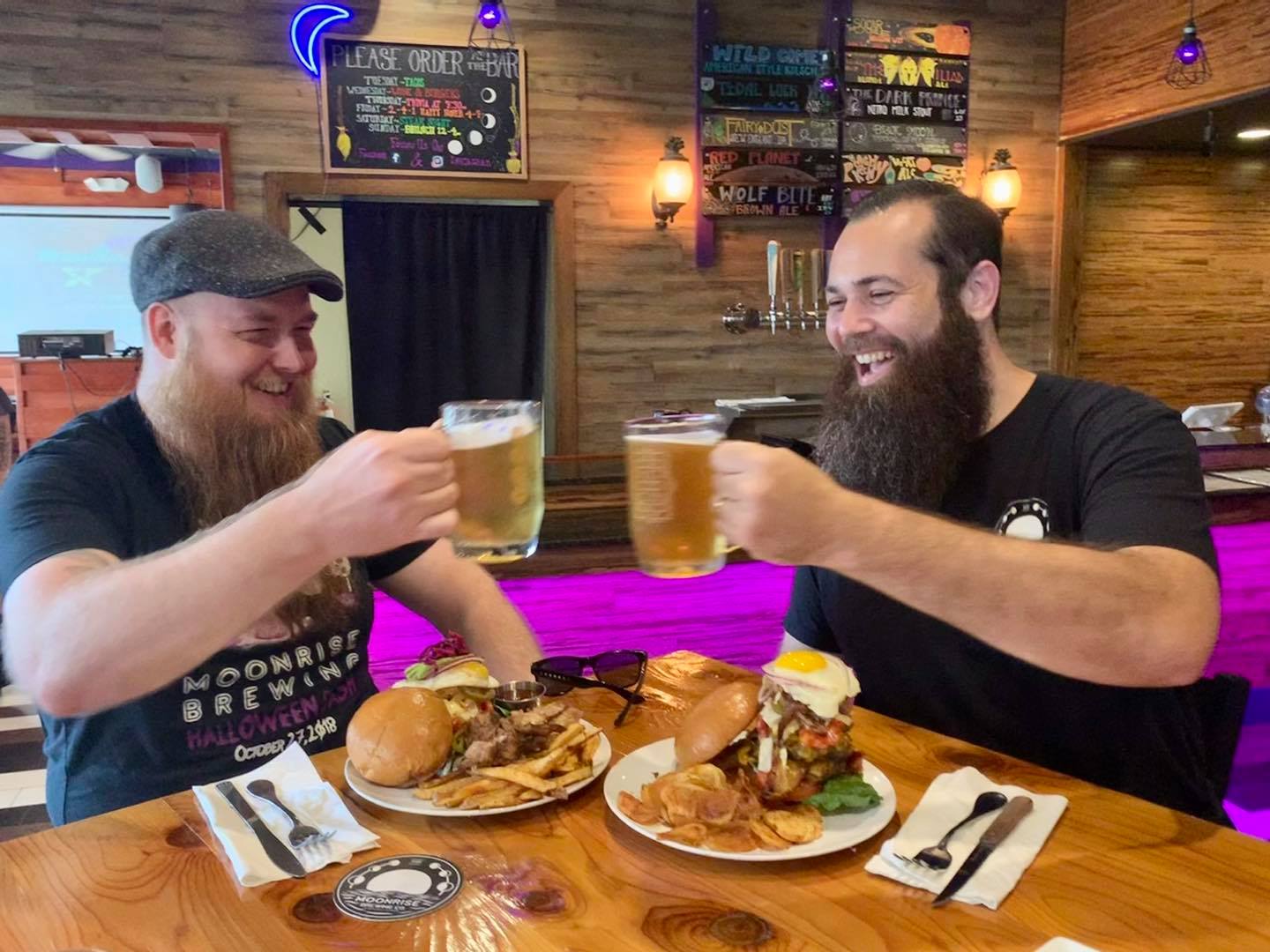
Moonrise opened in 2017 and quickly became a European Village staple. From the very beginning, Ashley and Ben were focused on building a community around innovative beer and food, and Moonrise flourished during the pandemic. “No one knew what to do, or when/if we might get to open again, so we were trailblazing, every day – just doing what we thought was the best thing to do,” Ashley said.

To be fair, trailblazing is built into Moonrise’s DNA. In addition to being Palm Coast’s first brewery, they paired their beers with high-end culinary delights. In contrast to the more prevalent option of partnering with food trucks, Ashley and Ben served freshly cooked food made from items sourced at the local farmer’s market in uncommon and delicious ways.
Like many breweries across the First Coast, Moonrise started selling growlers and gift cards to keep cash flowing while they were closed. They also kept putting out new beer releases because they knew their regulars relish those releases. Ashley said, “We would have a line out the door on new release day – our regulars showing up to get a growler of the new beers on tap.” For beer lovers in Flagler County, who look forward to release events, it provided a sense of comfort and a feeling of normal times.
Flying High

What about businesses whose entire existence is seen as a luxury – even superfluous. While many were shuttered at home, there were business people who still had to leave the house for work, and often that work included air travel. A crowded plane full of screaming babies, a cacophony of coughs and a seat neighbor with no respect for personal space are all unappealing under normal circumstances. It’s not hard to imagine that businesspeople would happily pay to avoid it when life and death were also on the line.
Enter Volato, a new solution in private jets. Volato has created what could be referred to as an uber for the private jet market. Instead of a company purchasing a private jet that it will surely never use in direct proportion to the cost, Volato provides a way for business travelers to share a compact, luxury jet that carries up to four people.
Volato provides unlimited flexibility, clear pricing models and above and beyond concierge service. According to Matt Liotta, the CEO, “We were fortunate to launch during this time of high demand for private aviation due to the shortage of commercial flights and social distancing requirements.”

“It was not without its difficulties,” Matt said. “Like all businesses that opened during the pandemic, we faced challenges in hiring employees and setting up remote work while trying to build a company culture that focused on delivering the best experience for our customers.”
And still, they were able to face those challenges and end this article on a high note — pun intended. “The positive outcome is that we have an agile workforce spread across the country who is able to understand the unique needs of our customers in each market,” said Matt.
The key to success for these, and other businesses moving forward, will be to take the decisions they made during the pandemic and leverage them for post-pandemic success.


